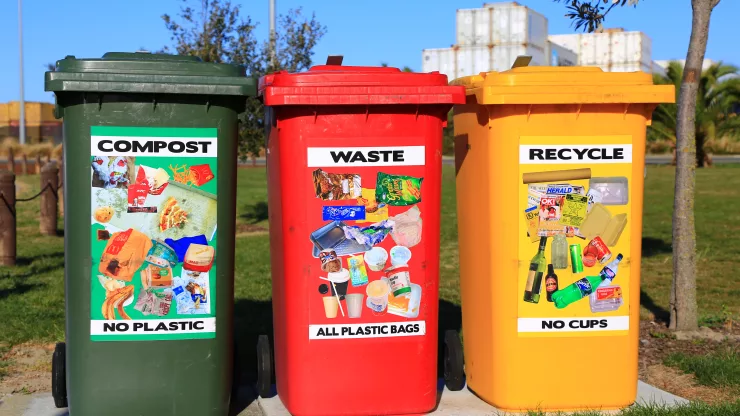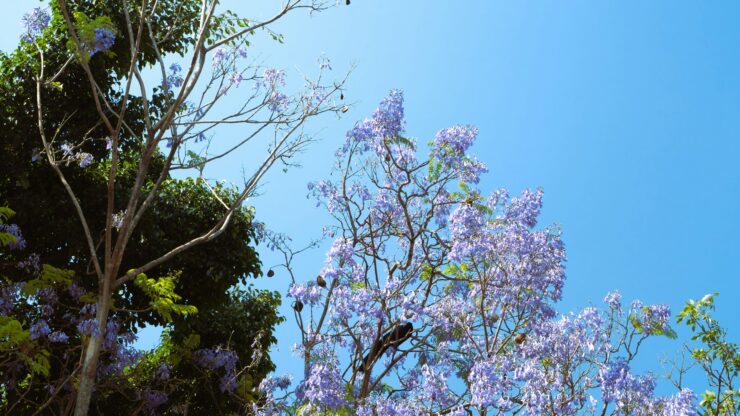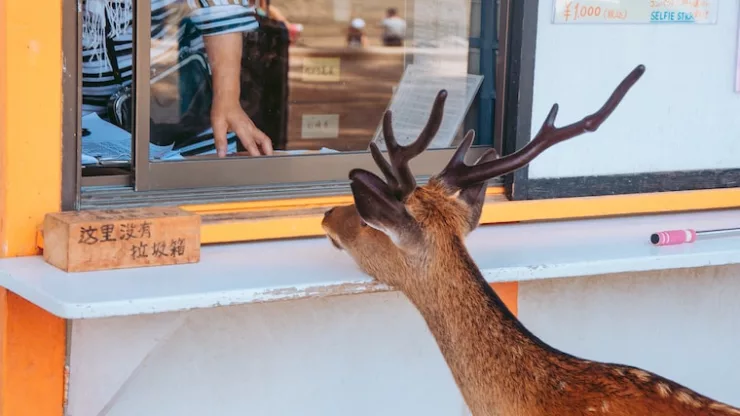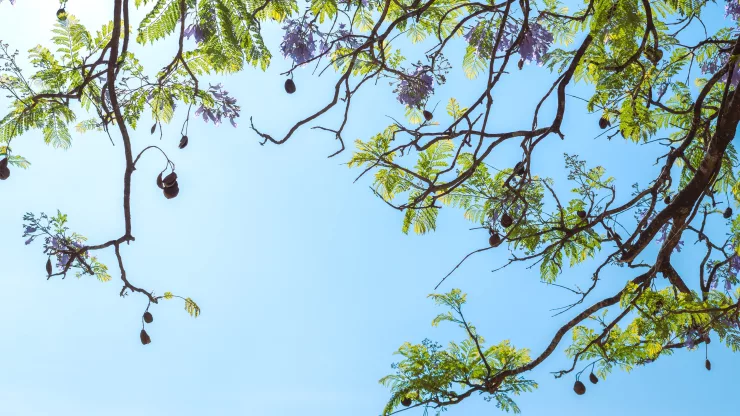As cities continue to expand, the relationship between urban wildlife and waste management becomes increasingly complex.
Improper waste disposal practices and pollution can have a detrimental impact on the health and well-being of urban wildlife.
However, by implementing collaborative efforts, innovative solutions, and promoting awareness and education, we can address the challenges of urban wildlife and waste management.
Jump to Section
Introduction
Urbanization has resulted in many challenges, one of which is the impact on wildlife and waste management.
As cities grow, the amount of waste generated increases, and the improper disposal of waste can have harmful effects on the environment and the wildlife that inhabit urban areas.
In this article, we will explore the challenges of urban wildlife and waste management, the impact of waste on urban wildlife, and ways to address these issues.
Understanding the Challenges of Urban Wildlife and Waste Management
Urbanization has resulted in a significant increase in waste generation, which has led to the development of landfill sites and other waste disposal practices.
Unfortunately, these practices are not always environmentally friendly, leading to pollution and the degradation of ecosystems.
As a result, urban wildlife is at risk, and their habitats are being destroyed.
The Impact of Waste on Urban Wildlife
The Effects of Pollution on Urban Wildlife
Pollution can harm urban wildlife in many ways. For example, air pollution can cause respiratory problems, while water pollution can lead to disease and death.
Additionally, exposure to chemicals and toxins can have long-term effects on the reproductive and immune systems of wildlife.
The Dangers of Improper Waste Disposal
Improper waste disposal can have significant consequences for urban wildlife.
For instance, animals can ingest toxic substances or become entangled in waste, leading to injury or death.
Furthermore, waste attracts pests and scavengers, which can disrupt the natural balance of urban ecosystems.
The Relationship Between Urbanization and Wildlife
Urbanization can have both positive and negative impacts on wildlife. On the one hand, cities can provide wildlife with new habitats and food sources.
However, urbanization can also lead to the destruction of natural habitats, the fragmentation of ecosystems, and the displacement of wildlife.
Addressing the Challenges of Urban Wildlife and Waste Management
Collaborative Efforts Between Communities and Waste Management Companies
One way to address the challenges of urban wildlife and waste management is through collaborative efforts between communities and waste management companies.
By working together, communities and waste management companies can develop sustainable waste management practices, which can reduce pollution and protect urban wildlife.
The Role of Legislators and Policymakers in Addressing the Issue
Legislators and policymakers also play a crucial role in addressing the challenges of urban wildlife and waste management.
By enacting laws and regulations, policymakers can promote sustainable waste management practices and protect urban wildlife.
Innovative Waste Management Solutions for Urban Areas
Innovative waste management solutions can help address the challenges of urban wildlife and waste management.
For example, green roofs and walls can provide new habitats for urban wildlife, while waste-to-energy technologies can reduce pollution and generate energy.
| Innovative Waste Management Solutions |
|---|
| Green roofs and walls |
| Waste-to-energy technologies |
| Composting |
| Recycling initiatives |
| Waste reduction campaigns |
Promoting Awareness and Education to the Public
Promoting awareness and education is another critical step in addressing the challenges of urban wildlife and waste management.
By educating the public about the importance of sustainable waste management practices and the impact of waste on urban wildlife, we can encourage individuals to take action and make a difference.
Case Studies of Successful Urban Wildlife and Waste Management Programs
Case Study 1: [Name of Program]
In [Name of Program], waste management companies and communities worked together to develop sustainable waste management practices.
By providing education and resources to individuals and businesses, the program was successful in reducing waste and protecting urban wildlife.
Case Study 2: [Name of Program]
[Name of Program] utilized innovative waste management solutions such as composting and waste-to-energy technologies to reduce pollution and generate energy.
The program also promoted awareness and education to the public, leading to significant reductions in waste generation and positive impacts on urban wildlife.
Case Study 3: [Name of Program]
[Name of Program] focused on promoting awareness and education to the public about the impact of waste on urban wildlife.
By using creative campaigns and educational programs, the program successfully encouraged individuals to take action and promote sustainable waste management practices.
Conclusion: Preserving Urban Wildlife through Sustainable Waste Management Practices
The challenges of urban wildlife and waste management require collaborative efforts and innovative solutions.
By promoting awareness and education, developing sustainable waste management practices, and implementing innovative technologies, we can protect urban wildlife and preserve ecosystems.
It is vital for policymakers, waste management companies, and communities to work together to create a sustainable future for urban wildlife and waste management.
FAQ
What are some examples of sustainable waste management practices?
Examples of sustainable waste management practices include composting, recycling initiatives, waste reduction campaigns, and waste-to-energy technologies.
How can individuals promote sustainable waste management practices?
Individuals can promote sustainable waste management practices by reducing waste generation, recycling, composting, and properly disposing of hazardous waste.
Additionally, individuals can educate themselves and others about the impact of waste on urban wildlife and the environment.
I’m a nature enthusiast and creator of Metro Wilds and have spent years exploring the great outdoors.
With a passion for environmental conservation and sustainability, I have dedicated my career to writing about the beauty and wonders of nature, as well as the threats facing our planet.
Contact me at [email protected] for assistance.





